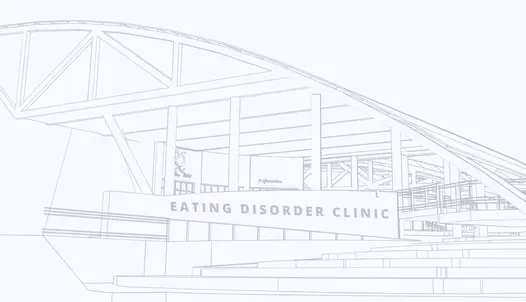Naval Hospital

Overview
Naval Hospital is a substance abuse treatment center for people seeking treatment near Duval County. As part of their treatment modalities for recovery, Naval Hospital provides group counseling. during treatment. Naval Hospital is located in Jacksonville, Florida, accepting private health insurance for treatment.
Naval Hospital at a Glance
Payment Options
- Private health insurance
- Cash or self-payment
- Payment assistance (check with facility for details)
- Federal military insurance (e.g., TRICARE)
Assessments
- Comprehensive substance use assessment
Age Groups
- Adults
- Young adults
Operation
- Private for-profit organization
Highlights About Naval Hospital
6.50/10
With an overall rating of 6.50/10, this facility has following balanced range of services. Alcohol Rehabilitation: 8.00/10, Drug Rehab and Detox: 6.00/10, Insurance and Payments: 6.00/10, Treatment Options: 6.00/10.-
Alcohol Rehabilitation 8.00
-
Drug Rehab and Detox 6.00
-
Insurance and Payments 6.00
-
Treatment Options 6.00
Treatment At Naval Hospital
Treatment Conditions
- Alcoholism
- Opioid Addiction
- Substance use treatment
Care Levels
- Hospital inpatient detoxification
- Intensive outpatient treatment
- Detoxification
- Outpatient
- Hospital inpatient treatment
Treatment Modalities
- Group counseling
Ancillary Services
Special Programs
- Active duty military
Get Help Now
Common Questions About Naval Hospital
Contact Information
Other Facilities in Jacksonville

6.65

6.62

6.53

7.52

6.53

6.91

7.14

6.90
DISCLAIMER: The facility name, logo and brand are the property and registered trademarks of Stepping Stone Center for Recovery, and are being used for identification and informational purposes only. Use of these names, logos and brands shall not imply endorsement. BetterAddictionCare.com is not affiliated with or sponsored by Stepping Stone Center for Recovery.
